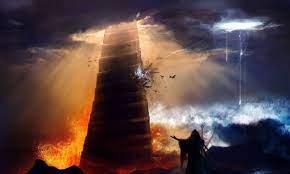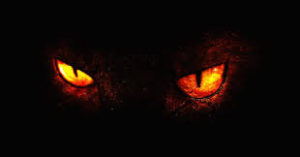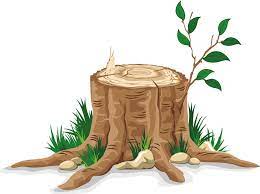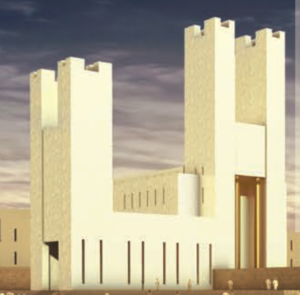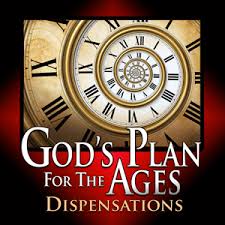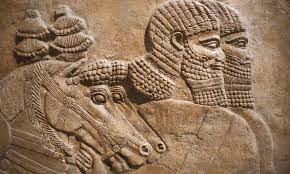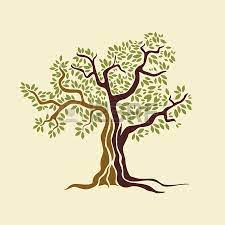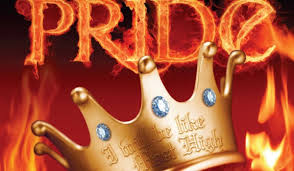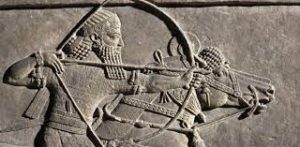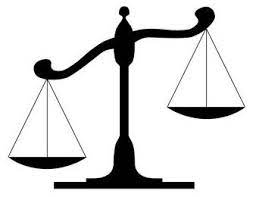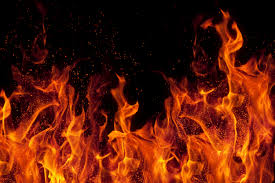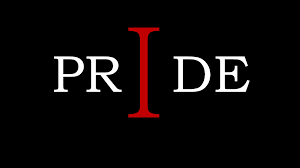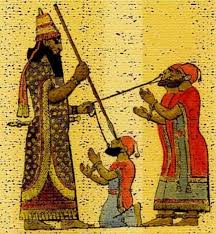Dk – Babylon, the Jewel of Kingdoms, Will be Overthrow 13: 17-22
Babylon, the Jewel of Kingdoms,
Will be Overthrow
13: 17-22
Babylon, the Jewel of Kingdoms, will be overthrown DIG: How will the Day of the LORD be both a time of rejoicing and a time of sorrow and despair? Is God fair in these results? Why? What will Babylon be like during the thousand years of the messianic Kingdom? What are the six results of the Day of the LORD?
REFLECT: The Babylon of the end times will reflect wealth, refined culture, and political power. What twentieth century culture holds these values as the most important ones? How have you seen these values blind people to the reality of God’s values such as truth, justice, and love? How are you experiencing the tension between this dual set of values today? What helps you to keep God’s values first in your life?
Babylon will be the capital city of the antichrist during the Great Tribulation (see my commentary on Revelation, to see link click Em – Fallen! Fallen is Babylon the Great). Her invasion would be unrelenting and the holy invaders (13:3) would have no need for her money. Isaiah lists six results of the Day of the LORD.
The first result deals with the leader of the confederacy. See, I will stir up against them the Medes, who do not care for silver and have no delight in gold (13:17). Although Gentile nations and armies are gathered from all over the world, they will have a leader. The leader is the Medes, what’s now Iran, part of southern Russia and Afghanistan (Jeremiah 50:41; 51:11, 27-28).
The second result is the destruction of the population. Their blows will strike down the young men; they will have no mercy on infants nor will they look with compassion on children (13:18). This city will be under the cherem judgment of God, meaning everything in it must be destroyed. Achan learned that lesson the hard way (Joshua 7:1-26). During the Great Tribulation men and women will have plenty of opportunities to accept Messiah as Lord, but they will steadfastly refuse. As a result, all those in Babylon will have chosen their own death sentence (see my commentary on Revelation Ex – The Eight Stage Campaign of Armageddon). This will not be cruelty, it will be holy justice. If the One True God cannot punish evil, then there is no justice.
The third result is the ultimate picture of destruction of the city itself. Babylon, the jewel of kingdoms, the glory of the Babylonians’ pride, will be overthrown by God like Sodom and Gomorrah (13:19). Because of their pride, ADONAI will overthrow them. Just as God overthrew the wicked cities of Sodom and Gomorrah (Genesis 19:24-25), so He will overthrow the wicked city of Babylon. There were none left in Sodom and Gomorrah, and there will be none left in Babylon.
The fourth result reinforces why this has to be far eschatological Babylon, because this Babylon will never be inhabited or lived in through all generations; no Arab will pitch his tent there, no shepherd will rest his flocks there (13:20). Translating this verse in Hebrew, it could be put this way: She will not be inhabited for a long time and she will not be lived in for generation after generation (see my commentary on Revelation Er – Babylon Will Never Be Found Again).
This could not be the near historical Babylon because after the Medo-Persian takeover in 539 BC there was very little change in the city. When Babylon fell by the hand of Cyrus, Babylon was not destroyed. It was taken without any resistance. Only King Belshazzar was killed and that was by an execution, not in battle (Dani’el 5:30). Babylon continued to exist up until about 500 AD or so. Then it became a ghost town. Babylon has been rebuilt today. Therefore, it never suffered the kind of destruction the prophets demanded. It also mentions that the Arabs will not pitch their tents there. But the Arabs do pitch their tents there today in what was ancient Babylon. Arabs do graze, or rest, their flocks there. The fact is, Babylon has grown over the past 100 years and now houses over 250,000 people. Therefore, this verse has never been fulfilled. This verse describes the non-inhabitants, but the next two verses describe who will live there.

The fifth result mentions who will inhabit Babylon. But desert creatures will lie there, jackals will fill her houses; there the owls will dwell (see the commentary on Jeremiah Ad – The Owl as a Symbol of Judgment), and there the wild goats will leap about. Hyenas will howl in her strongholds, jackals in her luxurious palaces. Her time is at hand, and her days will not be prolonged (13:21-22). Wild goats will inhabit it. The Hebrew word means demons in goat form. Goats were used as a form of demon worship in places like Leviticus 17:7 where it says: They must no longer offer any of their sacrifices to the goat idols to whom they prostitute themselves. Jeremiah says the same thing. So desert creatures and hyenas will live there, and there the owl will dwell. It will never be inhabited or lived in from generation to generation. As God overthrew Sodom and Gomorrah along with their neighboring towns, declares the LORD. So no one will live there; no man will dwell in it (Jeremiah 50:39-40).
These desert creatures, the wild goats, the jackals, owls and hyenas are not literal animals. There is something uncanny about these creatures. In regards to the fall of Babylon, Jeremiah tells us that no one will live in it; both men and animals will flee away (Jeremiah 50:3). After the fall of Babylon, it becomes a home for demons and a haunt for every evil spirit, a haunt for every unclean and detestable bird. But the emphasis is on demons in goat form (see Gi – Edom’s Streams Will Be Turned into Pitch). The only two places that will never be inhabited again by human beings during the thousand-year Messianic Kingdom and Eternal State (see my commentary on Revelation Fq – The Eternal State) will be Babylon and Edom (34:13b-15).
The sixth result is that when God begins His last judgment on Babylon there will be no delay in its execution. Her time is at hand, and her days will not be prolonged (13:22). Once again, it is the pride of humanity that provokes this disaster. They will not bend the knee to Yeshua Messiah, they will not confess that Jesus Christ is Lord (Philippians 2:10-11). They will have chosen their own destruction. This will not be cruelty, it will be holy justice. If God cannot punish evil, then there is no justice.
Mankind will have waited a long time for this wonderful day. David would cry out: How long, O LORD? Will you forget me forever? How long will you hide Your face from me? How long must I wrestle with my thoughts and every day have sorrow in my heart? How long will my enemy triumph over me (Psalm 13:1-2)? In the far eschatological future, the Tribulation martyrs (see my commentary on Revelation Cp – The Fifth Seal: The Tribulation Martyrs Under the Altar) will call out in a loud voice, “How long, Sovereign Lord, holy and true, until you judge the inhabitants of the earth and avenge our blood” (Revelation 6:10)? Here, ADONAI allows Isaiah to see that dreadful and wonderful Day. Where will you be?




